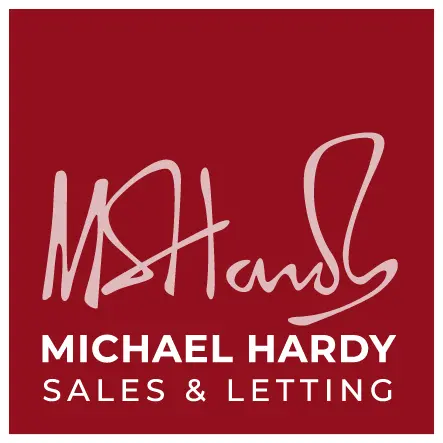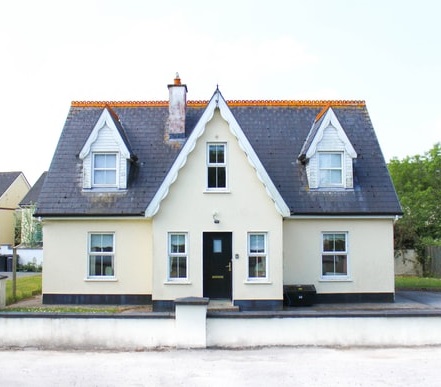Once you’ve had your offer on a property accepted, there will be a host of things to organise, including lining up a conveyancer and booking a survey.
There are several different types of property survey but in essence they will assess the value and/or examine the condition and structure of the house or flat you’re buying.
Knowing which survey type is best for the home you’re buying can be daunting. Some come with a hefty price tag but are far more in-depth and highly recommended for certain types of property. It may be appealing to pick the cheapest survey available, but you risk missing hidden horrors which could see you paying thousands in repair work after you’ve moved in.
Surveys and valuations must be carried out by a surveyor who is registered with the Royal Institute of Chartered Surveyors (RICS).
We will compare the different options and suggest which might be the ideal one for your property.
What are the different types of condition survey report?
A valuation report
Officially known as a Valuation Inspection and Report, it will assess the condition and location of your home in order to provide an estimated value for your mortgage provider.
Generally, these reports will not look at the condition of the property in-depth, but obvious defects, such as damp, or subsidence might be highlighted. Major issues could be noted if they are likely to affect the future value.
Anyone applying for a mortgage will be required to have this independent valuation to ensure that the property you want to buy is worth the price you’ve agreed to pay. Despite paying for this report though, it is unlikely you will receive a copy of it.
As such, we would advise buyers to organise a home or building survey alongside the valuation to get some level of understanding of a property’s condition. Some lenders will offer the choice of organising a mortgage valuation or valuation and home survey combined.
Condition Report/Home Survey Level 1
In March 2021, RICS introduced a new home survey standard, graded reports replacing those previously known as the Condition Report, Homebuyers Survey and Building Survey. The Home Survey Level 1 has now superseded the Condition Report and provides a basic overview of a property’s condition and the risks it may contain.
It is the cheapest home survey, based on surface-level inspection of a property. It aims to uncover any obvious defects and as with all the RICS home surveys, will use a traffic light system to grade the condition of a home. Green will be awarded for properties needing no repairs, amber for those in need of some non-urgent maintenance and red for those that will require urgent attention.
Unlike the more comprehensive surveys available, this report does not provide advice or recommendations for remedying any issues flagged up.
Due to the basic nature of the Home Survey Level 1, it is really only suitable for new-build properties or those less than five years old.
Homebuyer’s report/Home Survey Level 2
The Level 2 survey is the next step up and equivalent to the old Homebuyer’s report.
It will help highlight any major problems with the property such as subsidence or damp and looks at issues that are apparent at the surface. However, it will not extend to checking under floorboards or behind walls for any problems that are hidden from reasonable view. Your surveyor will document any potential concerns and recommend other specialist surveys should you wish to investigate further.
This is a popular survey and is suitable for conventional buildings and homes that are fairly modern – typically up to 50 years old. In some cases, you can request your surveyor also carries out a valuation while at the property, saving you the hassle of having to book this separately.
Building Survey/Home Survey Level 3
Home Survey Level 3 is the most in-depth option available and replaces the report previously known as a full Structural Survey.
This comprehensive survey provides you with an in-depth analysis of the property’s condition and includes advice on defects, repairs and maintenance options. It will investigate the types of materials that have been used, the condition of the roof, the integrity and structure of the walls as well as the state of the floors.
This type of survey is highly recommended for older homes (50 years+) or non-standard construction houses, such as thatched cottages, steel framed houses, modular homes or pre-cast reinforced concrete (PRC) properties.
Get more advice on condition reports and home surveys
Find out more about RICS new home surveys or about the various stages of the sales process.
Michael Hardy would be more than happy to advise which condition report or home survey would be most appropriate for your property. Please do not hesitate to contact us on Wokingham 0118 9776 776 or Crowthorne 01344 779 999.

